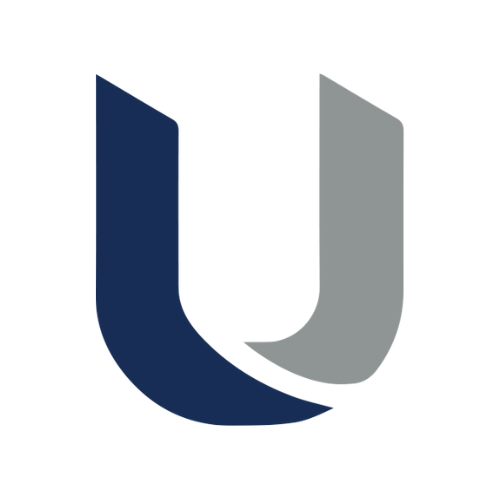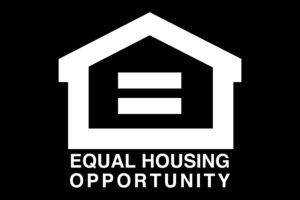If you’re considering purchasing a home and exploring financing options, understanding the requirements and guidelines for qualifying for an FHA (Federal Housing Administration) loan is crucial. FHA loans provide an accessible path to homeownership for individuals who may have limited down payment funds or lower credit scores. In this article, we will delve into the key factors that determine eligibility for an FHA loan and provide helpful insights to guide you through the qualification process.
Credit Score and History
One of the essential factors in qualifying for an FHA loan is your credit score and history. While FHA loans are known for their more lenient credit requirements compared to conventional loans, having a reasonably good credit score will increase your chances of approval. The FHA does not have a specific minimum credit score requirement, but most lenders prefer a score of 580 or higher. However, borrowers with scores between 500 and 579 may still be eligible with a higher down payment.
In addition to credit scores, lenders will assess your credit history, looking for factors such as payment history, outstanding debts, and any bankruptcies or foreclosures. It’s important to demonstrate responsible financial behavior and resolve any outstanding credit issues before applying for an FHA loan.
Debt-to-Income Ratio
Another critical aspect of qualifying for an FHA loan is your debt-to-income ratio (DTI). The DTI is a measure of your monthly debt obligations compared to your gross monthly income. FHA guidelines typically allow a maximum DTI ratio of 43%, although some lenders may have stricter requirements.
To calculate your DTI ratio, add up all your monthly debts, including credit card payments, auto loans, student loans, and any other outstanding loans. Then divide that total by your gross monthly income. It’s important to keep your DTI ratio as low as possible to improve your chances of loan approval.
Employment and Income Stability
Stable employment and income are essential factors in qualifying for an FHA loan. Lenders want assurance that you have a reliable source of income to make timely mortgage payments. Typically, you will need to provide documentation such as pay stubs, W-2 forms, and tax returns to verify your income.
Ideally, lenders prefer applicants who have been with the same employer for at least two years or have a stable employment history. However, exceptions can be made if you have recently changed jobs or are self-employed. It’s important to provide all necessary documentation and be transparent about your employment and income situation.
Down Payment and Closing Costs
One of the advantages of FHA loans is the lower down payment requirement compared to conventional loans. With an FHA loan, you may be eligible for financing with a down payment as low as 3.5% of the purchase price. This is particularly beneficial for first-time homebuyers or individuals who have difficulty saving a large sum for a down payment.
It’s important to note that the down payment is not the only upfront cost to consider. You will also need to budget for closing costs, which include fees for appraisal, inspection, title insurance, and other necessary expenses. While FHA loans allow the seller to contribute to the closing costs, it’s advisable to save additional funds to cover these expenses.
Property Requirements
FHA loans also have specific property requirements that must be met to qualify for financing. The property must be your primary residence, and it should meet the FHA’s minimum property standards for safety and livability. These standards include factors such as the condition of the roof, plumbing, electrical systems, and overall structural integrity.
Additionally, the property must be appraised by an FHA-approved appraiser to determine its value and ensure it meets the FHA’s guidelines. It’s essential to work with a knowledgeable real estate agent and conduct a thorough inspection of the property to ensure that it meets the FHA requirements before proceeding with the loan application.
Mortgage Insurance Premium (MIP)
One important aspect of FHA loans is the Mortgage Insurance Premium (MIP). MIP is a fee charged by the FHA to protect lenders in case borrowers default on their loans. It is required for all FHA loans and consists of an upfront premium and an annual premium.
The upfront premium is typically 1.75% of the loan amount and can be rolled into the loan or paid at closing. The annual premium is paid monthly and varies depending on the loan term, loan-to-value ratio, and the initial loan amount. The MIP adds to the overall cost of the loan, so it’s important to factor it into your budget when considering an FHA loan.
FHA Loan Limits
FHA loans have maximum loan limits that vary by location. These limits are determined by the county and are based on the median home prices in that area. The purpose of loan limits is to ensure that FHA loans are accessible to a wide range of borrowers while still maintaining a level of financial stability.
It’s important to check the FHA loan limits in your area to determine the maximum loan amount you can qualify for. If the property you’re interested in exceeds the FHA loan limit, you may need to explore other financing options or consider a larger down payment to bridge the gap.
The Loan Application Process
To apply for an FHA loan, you will need to gather the necessary documentation and complete the loan application. Some of the documents typically required include:
Proof of identification (such as a driver’s license or passport)
Proof of income (pay stubs, W-2 forms, tax returns)
Bank statements
Documentation of any outstanding debts (credit card statements, loan statements)
Once you have gathered all the required documents, you can submit your loan application to an FHA-approved lender. The lender will review your application, verify the information, and assess your eligibility for an FHA loan based on the guidelines discussed earlier. It’s important to work closely with your lender throughout the process and provide any additional information or documentation they may request.
Conclusion
Qualifying for an FHA loan can be an excellent option for individuals looking to achieve homeownership with more flexible requirements. By understanding the credit score, debt-to-income ratio, employment stability, down payment, property requirements, and loan limits, you can position yourself for a successful FHA loan application.
Remember to thoroughly research and compare different lenders to find the one that offers the most favorable terms and interest rates. Working with a knowledgeable mortgage professional can provide valuable guidance and support throughout the qualification process.
If you meet the necessary requirements and are prepared to navigate the loan application process, an FHA loan can be a valuable tool to help you achieve your dream of owning a home.



